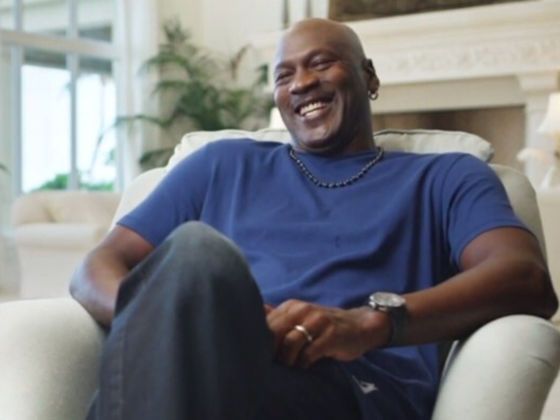When I started watching The Last Dance, the majority of my basketball knowledge revolved around seeing Space Jam in theaters when I was six. I’d see Larry Bird or Patrick Ewing pop on screen and turn to my partner and incredulously ask, “Wasn’t that guy in Space Jam?”
Sure, I had watched the Warriors and Cavaliers face off a few times — enjoyed it even — and I had followed the controversy around LeBron James’ departure from Cleveland with fascination. But the 1998 Chicago Bulls? Never heard of ‘em. The Last Dance was my first deep dive into one of the most explosive and defining moments of the ‘90s, which I had simply missed out on. But by the end of the series, I was a different person. I emerged from the fiery crucible of ‘90s basketball as a sports fan.
